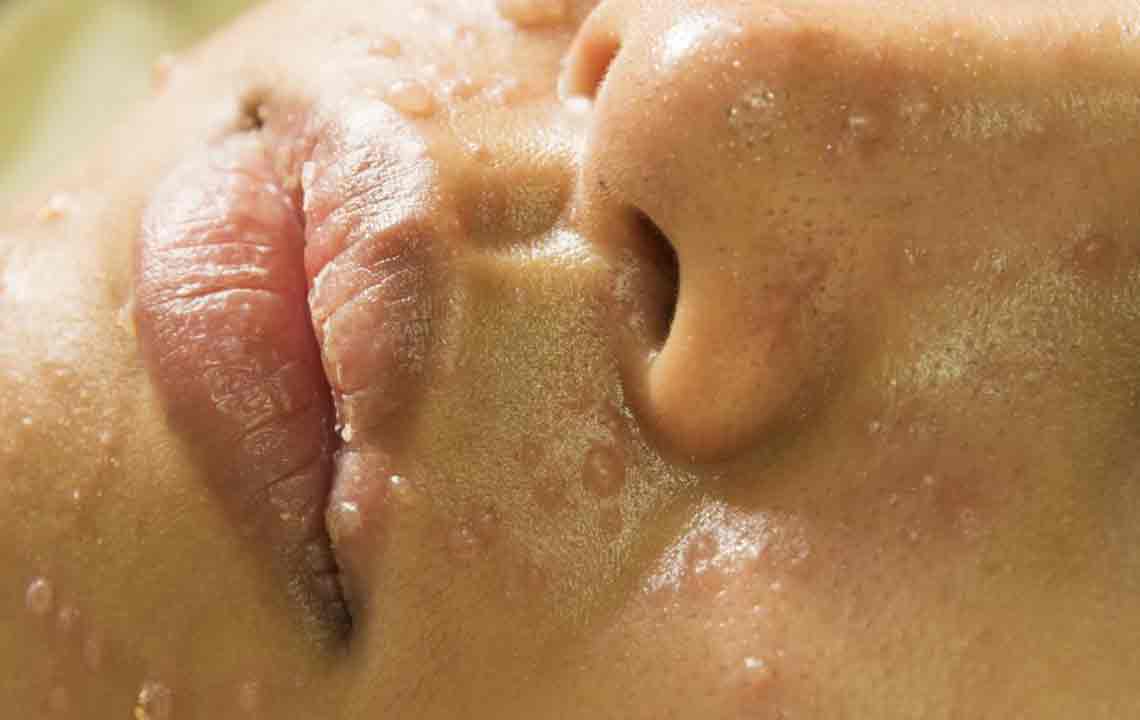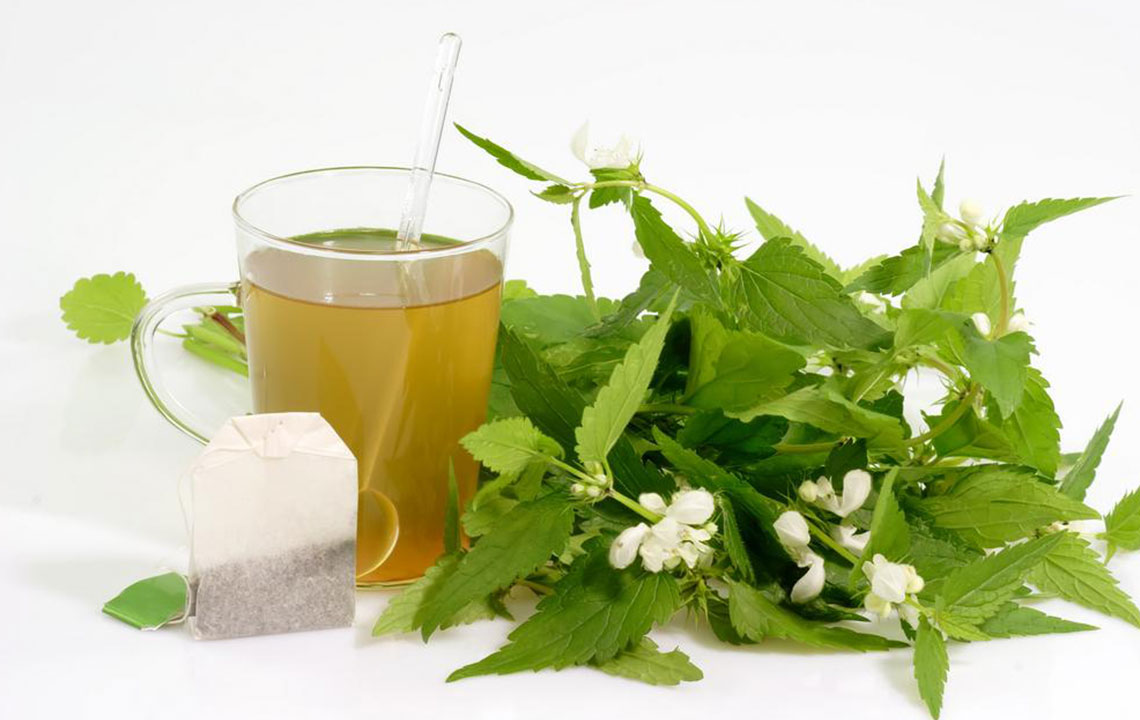Effective Natural Strategies to Manage Rosacea Symptoms
Discover effective natural remedies to control rosacea symptoms, including herbal compresses, dietary tips, and skincare practices. Early detection and trigger management are vital for healthier skin. Always seek professional advice for personalized treatment options to ensure safe and effective care.

Holistic Methods to Soothe and Control Rosacea
Rosacea, often misdiagnosed as adult acne, is a chronic skin condition that can significantly impact quality of life. It presents with redness, flushing, and visible blood vessels predominantly on the face—cheeks, nose, forehead, and chin—and may also appear on the neck, chest, or scalp.
Typically affecting middle-aged individuals with fair skin, rosacea is characterized by persistent redness, bumps, and broken capillaries. The exact cause remains uncertain, but known triggers include sun exposure, emotional stress, poor skincare habits, allergies, alcohol consumption, and lifestyle factors. Currently, there is no permanent cure.
Early recognition of symptoms and understanding triggers are crucial in managing rosacea through natural therapies.
Signs to Watch For
Frequent Flushing: Recurrent blushing episodes often indicate early stages of rosacea.
Persistent Redness: Continuous redness resembling a sunburn affects areas like cheeks and nose.
Visible Blood Vessels: Spider-like red vessels, known as telangiectasia, appear on the skin surface.
Changes in Skin Texture: The skin may feel rough, dry, or scaly, with small bumps or pimples; the nose area might feel stiff, and red patches can develop, increasing skin sensitivity.
Ocular Symptoms: Bloodshot, watery eyes and swollen eyelids—referred to as Ocular Rosacea—may occur, potentially leading to corneal issues in severe cases.
Natural Remedies for Rosacea
Cucumber Face Mask: Blend cucumber and apply as a mask for 30 minutes, then rinse with cold water. Regular use can reduce inflammation and redness.
Green Tea Compress: Use cooled green tea bags or infusions to soothe inflamed skin thanks to their anti-inflammatory and antioxidant properties.
Organic Fruits and Vegetables: Eating chemical-free produce rich in vitamins and antioxidants helps combat oxidative stress and promotes skin healing.
Healthy Fats: Incorporate oils like coconut and olive, along with nuts and seeds such as flaxseeds and chia, to reduce systemic inflammation.
Honey Applications: Applying honey helps retain moisture and accelerates healing of irritated skin.
Aloe Vera: Known for calming skin redness and inflammation, aloe vera is an effective natural remedy for rosacea.
Oatmeal Scrubs: Mix oatmeal with water and gently apply to affected areas to soothe inflammation, reduce redness, and relieve itching.
Chamomile Treatment: Use cooled chamomile tea bags or steeped herbs as compresses to calm irritated skin with their anti-inflammatory effects.
Apple Cider Vinegar: Internal consumption of two tablespoons daily or diluted external application provides anti-inflammatory benefits, especially when combined.
Disclaimer:
This overview provides general insights into managing rosacea with natural remedies. It’s essential to consult a healthcare professional for accurate diagnosis and tailored treatment plans. The information shared here is informational and should not replace professional medical advice.


